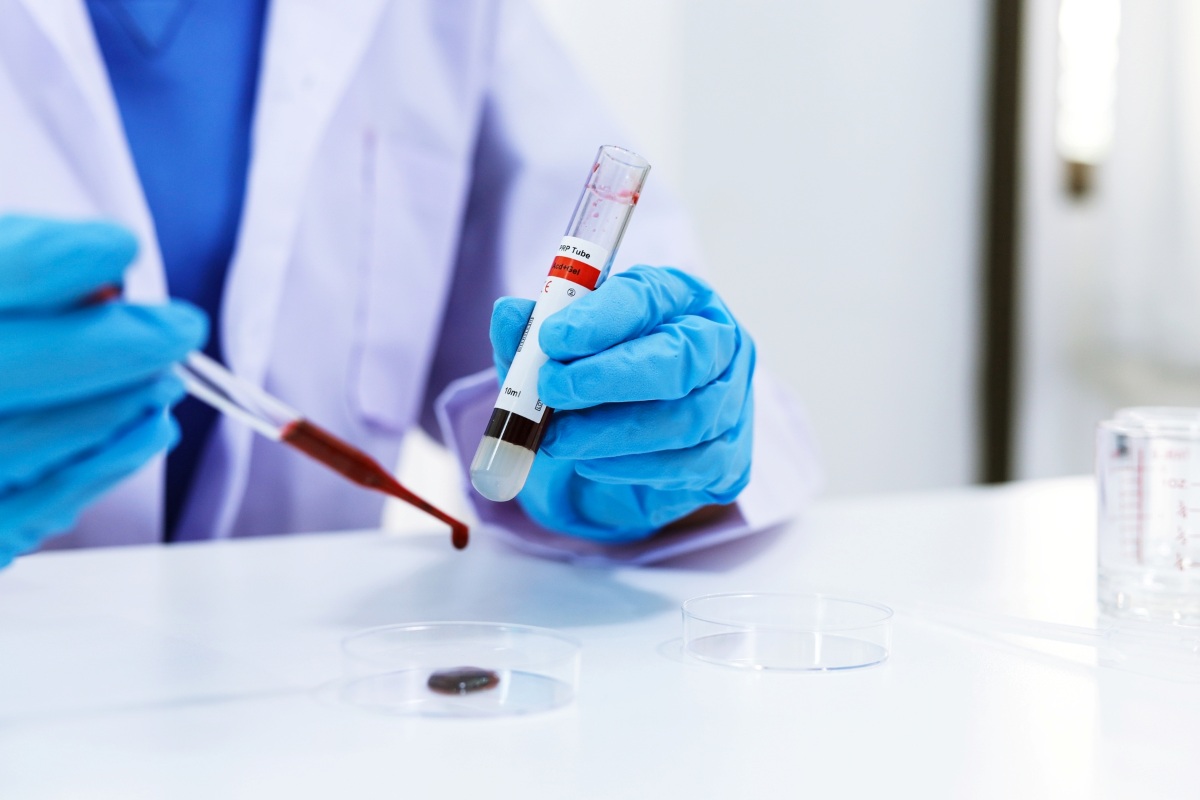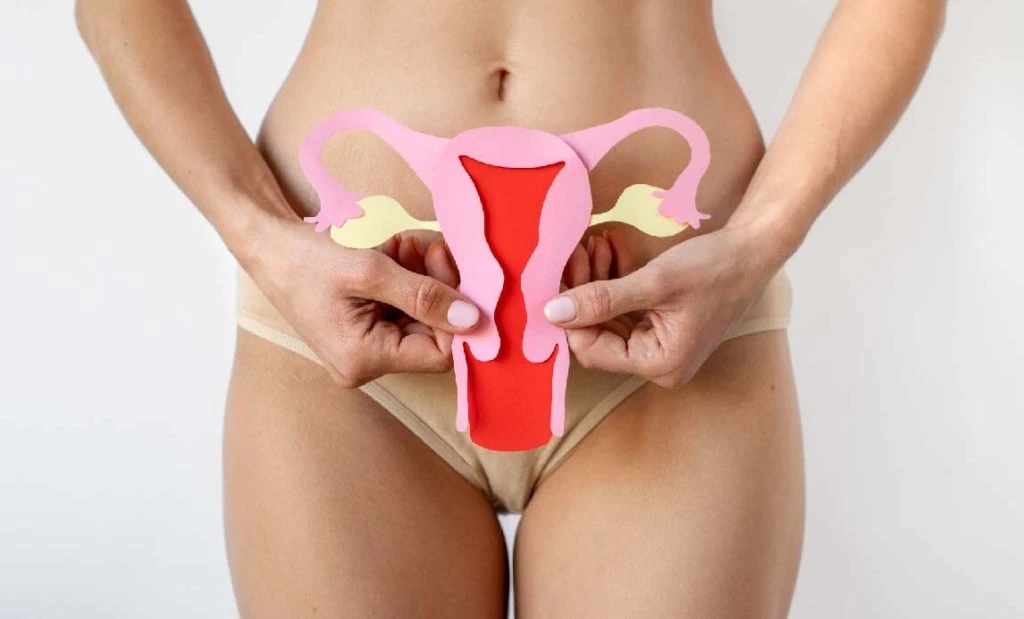When you’re thinking about your fertility or planning for the future, there’s one hormone test that’s become increasingly important in reproductive health – the Anti-Mullerian Hormone (AMH) test. While the name might sound a bit intimidating, this simple blood test can provide valuable insights into your ovarian reserve and overall reproductive potential.
Understanding what AMH actually does in your body is the first step to appreciating why this test matters so much. Anti-Mullerian Hormone is produced by the small follicles in your ovaries – those tiny structures that house your eggs. Think of AMH as a kind of messenger, telling your reproductive system how many eggs you have left in reserve. It’s naturally produced throughout your reproductive years, though the levels change quite dramatically as you age.
The beauty of the AMH test lies in its simplicity and timing flexibility. Unlike some other fertility-related blood tests that need to be done on specific days of your menstrual cycle, you can have your AMH levels checked at any time. This makes it particularly convenient for women with irregular cycles or those who are already on hormonal contraceptives.
Why Would You Need an AMH Test?
There are several compelling reasons why your healthcare provider might recommend an AMH test, and they’re not all related to immediate fertility concerns. Modern reproductive medicine has embraced assessing fertility through hormones as one of the most reliable ways to help women understand their reproductive potential and make informed decisions about their timeline.
If you’re considering starting a family, either now or in the future, an AMH test can help you understand your ovarian reserve. This information becomes particularly valuable if you’re in your thirties or beyond, when natural fertility begins to decline more noticeably. But it’s not just about immediate pregnancy planning – many women use AMH testing as part of their broader reproductive health strategy.
The test is also incredibly useful for those considering fertility preservation through egg freezing. Knowing your AMH levels can help determine the best timing for this procedure and what kind of results you might expect from the process. Additionally, if you’re already experiencing irregular periods or other signs of hormonal changes, an AMH test can provide insights into what’s happening with your ovarian function.
For women dealing with polycystic ovary syndrome (PCOS), AMH levels are often elevated, making this test a useful diagnostic tool alongside other assessments. It’s also valuable for monitoring women who’ve undergone cancer treatments that might affect their fertility, or those with a family history of early menopause.
Understanding Your AMH Results
Interpreting AMH results requires some context, as the “normal” range can vary depending on your age and individual circumstances. Generally speaking, higher AMH levels suggest a larger ovarian reserve, while lower levels indicate fewer eggs remaining. However – and this is crucial – AMH tells you about quantity, not necessarily quality.
Women in their twenties typically have AMH levels between 2.0-6.8 ng/mL, though this can vary considerably between individuals. As you move through your thirties, these levels naturally decline, with the rate of decline accelerating after age 35. By the time you reach your forties, AMH levels are typically much lower, reflecting the natural aging process of your ovaries.
But here’s where it gets interesting (and sometimes confusing): having low AMH doesn’t automatically mean you can’t get pregnant naturally. We’ve seen women with relatively low AMH levels conceive without difficulty, while others with seemingly good levels face challenges. The test provides one piece of the fertility puzzle, but it’s not the whole picture.
Very high AMH levels, particularly above 5.0 ng/mL, might suggest PCOS, especially if accompanied by other symptoms like irregular periods, excess hair growth, or difficulty maintaining a healthy weight. In these cases, the elevated AMH often reflects the increased number of small follicles characteristic of PCOS.
The Practical Side of AMH Testing

Getting an AMH test is straightforward – it’s simply a blood draw that can be done at any time during your cycle. Most healthcare providers can arrange this test, and results typically come back within a few days to a week. The convenience factor can’t be overstated; unlike tests for FSH or LH that require precise timing, AMH testing fits easily into your schedule.
Cost considerations vary depending on your location and healthcare system. In some cases, the test might be covered by insurance if there’s a medical indication, while others might need to pay privately. It’s worth discussing with your healthcare provider whether AMH testing is appropriate for your specific situation.
One thing we often emphasise to patients is that AMH testing works best as part of a comprehensive fertility assessment rather than as a standalone test. Your healthcare provider will likely consider your AMH results alongside your medical history, physical examination, and potentially other hormone tests to get a complete picture of your reproductive health.
Making Sense of AMH in Your Fertility Journey
Perhaps the most important thing to understand about AMH testing is that it’s a tool for information and planning, not a crystal ball. The results can help guide decisions about timing, treatment options, and lifestyle considerations, but they don’t determine your fertility destiny.
If your AMH results show lower than expected levels for your age, it doesn’t mean panic is warranted. Instead, it might mean having conversations about timing if you’re planning to start a family. At GG Healthcare, we offer personalised support for gynaecological needs, helping you explore all your options and develop a plan that works for your individual situation.
For those with higher AMH levels, particularly in the context of PCOS, the focus might shift to managing symptoms and optimising overall health to support fertility when the time comes.
The Bottom Line
The AMH test has genuinely revolutionised how we approach fertility planning, giving women valuable information to make informed choices about their reproductive lives. Whether you’re considering having children now, planning for the future, or simply wanting to understand your body better, AMH testing can provide insights that help you navigate your unique fertility journey with confidence and clarity.








